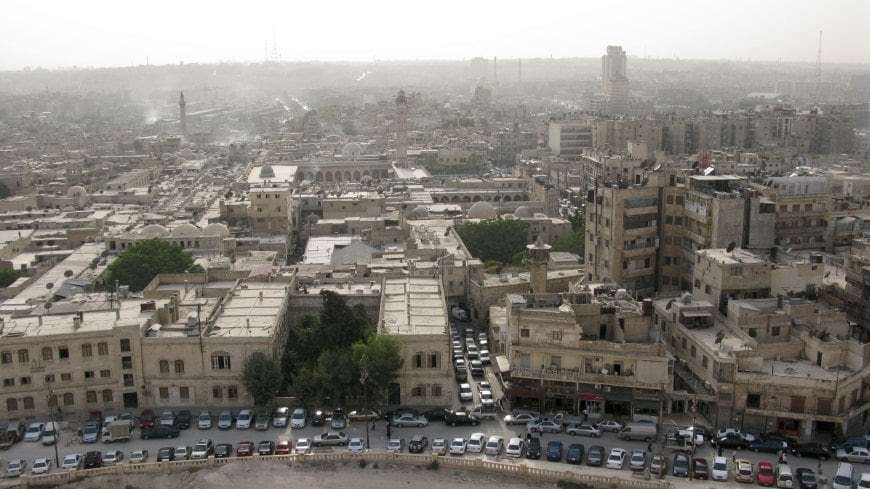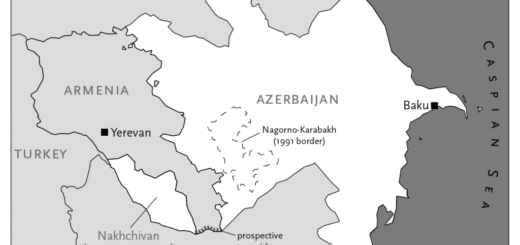Arab-Armenian Legal Council calls for federalism in Syria

The Secretary-General of the Arab-Armenian Legal Council, Vahe Mahshikian, has proposed the implementation of a federal system for Syria’s components as an alternative to the centralized governance currently imposed by the Transitional Government.
Mahshikian criticized the current political framework in Syria and the impact of Turkish intervention on national cohesion. “Today, Syrians live a reality very different from before the crisis, which has fractured society, fueled sectarian mobilization, and spread hatred and animosity,” he said.

Turkish Intervention as a Source of Division
Mahshikian described Turkey’s role as the main driver of instability in Syria: “Through sectarian provocation and incitement, Turkey has sought to sow division among Syrians to revive Ottoman ambitions and occupy parts of Syrian territory.” He added that Turkish occupation had been carried out through its army, intelligence, and foreign mercenaries, creating a new reality alien to Syria’s social fabric.
He further stated that these policies deepened sectarian divisions, especially within the new ruling elite, which adopted exclusionary and extremist approaches. As a result, entire communities were denied their legitimate rights guaranteed under international conventions, particularly UN Security Council Resolution 2254 (2015).
Mahshikian accused the Transitional Government of clinging to central rule at the expense of Syria’s minorities. He alleged that this led to “military campaigns against western coastal provinces targeting the Alawite community, followed by assaults on Sweida aimed at annihilating the Druze community (‘Bani Ma’ruf’).” He said these operations caused tens of thousands of deaths, widespread destruction, mass displacement, and left hundreds of thousands facing famine, thirst, and homelessness.
“The Syrian people today face a criminal authority responsible for ongoing crimes—killings, kidnappings, arson, looting, and destruction,” he continued. “How can the victims be forced into reconciliation with their executioners under exclusionary and unjust laws?”
Mahshikian concluded that to prevent the recurrence of tragedies suffered by the Alawite, Druze, Christian, and Shiite communities, it is imperative to implement Resolution 2254, transfer power to the people, establish transitional justice, uphold the rule of law, and ensure civil peace in Syria.





